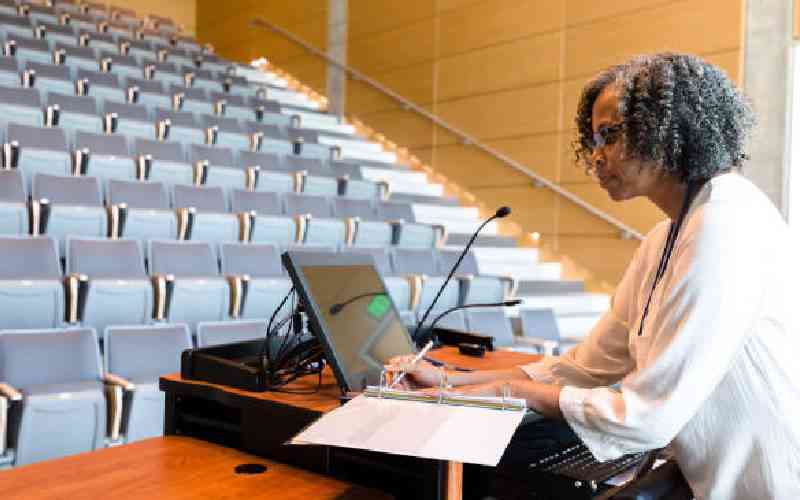
In his 1859 book, 'On the Origin of Species', Charles Darwin conceives of the idea of evolution. Originally, the title of this book was 'On the Origin of Species by Means of Natural Selection, or the Preservation of Favoured Races in the Struggle for Life'. He would later change the title for reasons this page wont delve into right now, but which are obvious if you think a little harder.
In this classic, Darwin asserts that species have a tendency of evolving to adapt to the changing environment and circumstances. Darwin, like other evolutionists before and after him, says that species that fail to evolve and acquire favourable characteristics to make them adapt and survive, often die off, and become extinct.